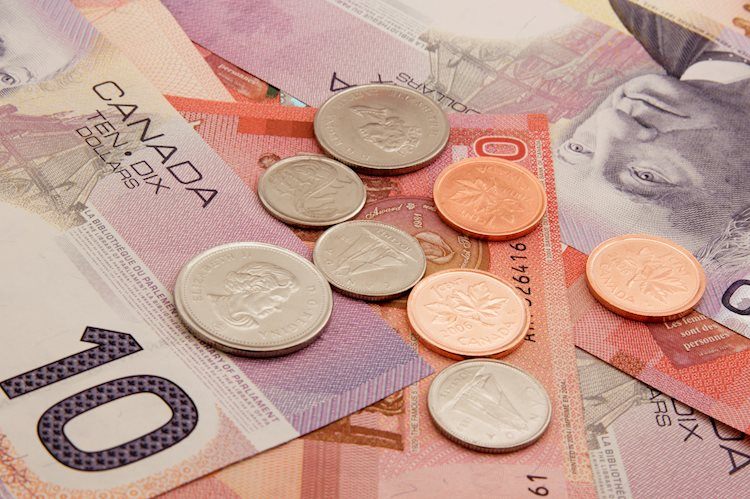Canada Avoids New US Tariffs, But Trade Tensions Remain
After days of speculation over what US President Donald Trump’s “Liberation Day” would mean for Canada, the outcome appears to be status quo—offering neither new penalties nor relief for America’s northern neighbor.
On Wednesday, Trump announced a sweeping 10% tariff on imports from around the world and a list of 60 countries facing additional “reciprocal” tariffs. Notably absent from that list was Canada.
Despite this, existing US tariffs on Canadian goods remain unchanged: a 25% blanket tariff on most products, except those covered under the North American free trade agreement. Canadian energy and potash will continue to be taxed at a lower 10%, while steel and aluminum exports will still face a 25% levy.
The White House linked the tariffs to Trump’s ongoing emergency declarations concerning fentanyl and migration from Canada and Mexico. Officials suggested some tariffs could be lowered if the emergency status is lifted.
Adding to the uncertainty, Trump confirmed that a 25% tariff on all foreign-made automobiles will take effect at midnight on Thursday. However, he did not specify whether Canada—whose auto sector is deeply integrated with the US—would be exempt.
Canadian Response: Retaliation on the Horizon
Prime Minister Mark Carney, pausing his campaign for the second time in as many weeks, vowed that Canada would respond “with purpose and with force.” Speaking in Ottawa, he warned that US tariffs “will directly affect millions” and announced plans to meet with provincial and territorial leaders Thursday to finalize Canada’s countermeasures.
Carney’s handling of the tariff crisis has bolstered his political standing ahead of the April 28 election, with his Liberal Party now leading in national polls. Canadians appear to trust him more on US relations, a key issue in the campaign.
This has forced Conservative leader Pierre Poilievre to shift his strategy. Hours before Trump’s announcement, Poilievre outlined his own economic response, advocating for immediate, “targeted” retaliation and a temporary loan program to support affected businesses. He also called for early renegotiation of the North American trade agreement (CUSMA), set for review in 2026.
“Why wait? Why not get it done now?” Poilievre asked.
Other party leaders also weighed in.
-
New Democratic Party leader Jagmeet Singh pledged worker protections and condemned Trump as an “arsonist” harming both economies.
-
Bloc Québécois leader Yves-François Blanchet urged a cautious approach to counter-tariffs to avoid destabilizing Canada’s economy.
US Senate Pushback & Business Concerns
In Washington, the US Senate narrowly passed a measure (51-48) to block Trump’s tariffs on Canada, with four Republican senators siding with Democrats. However, the Republican-controlled House of Representatives is unlikely to advance the legislation.
Meanwhile, Canadian business leaders remain concerned. Canadian Chamber of Commerce President Candace Laing warned that global uncertainty surrounding tariffs “will undoubtedly boomerang to Canada.”
Carney echoed these concerns, emphasizing that the tariffs will “fundamentally change the international trading system.” His government’s focus, he said, is on protecting workers and ensuring Canada builds “the strongest economy in the G7.”
While Canada has avoided new penalties, the broader trade dispute shows no signs of easing, leaving businesses and policymakers bracing for further uncertainty.



